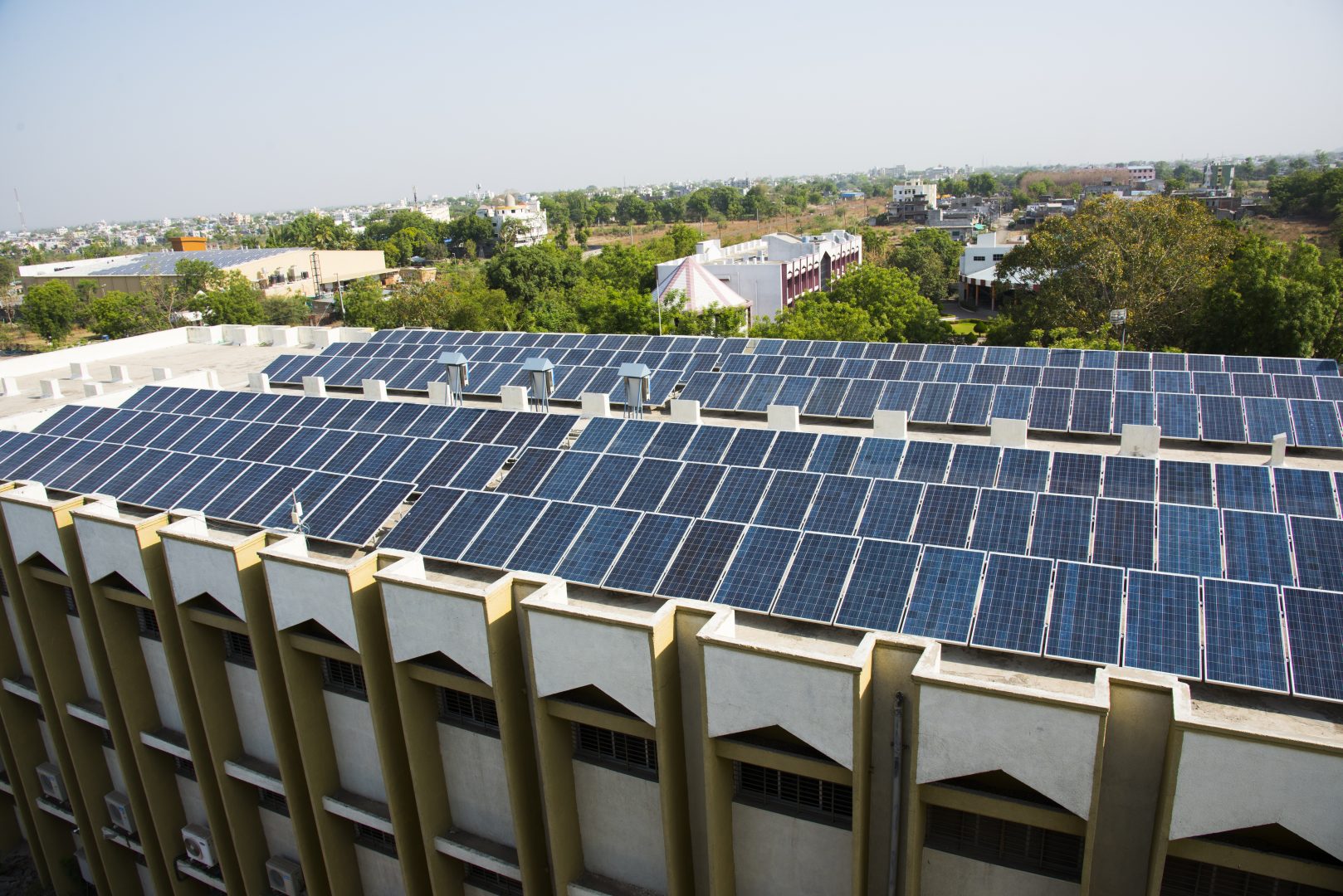Seven years on from the Paris Agreement, delivery of its promise to make finance flows consistent with a pathway towards low greenhouse gas emissions and climate-resilient development has gained momentum. The Glasgow Climate Pact signed at COP26 in 2021 reiterated the urgency of financial flows to help developing markets move onto 1.5°C-aligned trajectories. This was reinforced by the financial sector and formation of the Glasgow Financial Alliance for Net Zero (GFANZ), in which over 450 financial institutions across 45 countries with $130tn in assets under management committed to net zero emissions portfolios by 2050.
In 2020, British International Investment (BII) committed to align our portfolio with a 1.5°C pathway to net zero by 2050 as part of our ambition to align to the Paris Agreement. As a development finance institution (DFI), we have particular responsibility to make our contribution towards net zero development pathways and to lead our markets in realising the significant opportunities from the economic and technological transformation this will entail globally. However, as leading academics and financial sector practitioners point out, there is no guarantee that financial institutions’ net zero goals on their own will lead to real world positive impacts for development or the climate. To deliver climate development pathways to net zero by 2050, we must continue financing to:
- Sectors key for economic development even if they have higher emissions today, such as manufacturing, food and agriculture. Rather than simply reallocate our capital to less emissive sectors, we should instead be active in supporting the decarbonisation of the hardest to abate sectors that have strong development impact.
- Sectors that are key for climate adaptation even if they have higher emissions today, such as water treatment or desalination.
- Technologies and sectors that produce inputs which are critical for other sectors to transition, such as critical minerals, even if they have relatively higher emissions.
- Companies which have higher emissions today and actively engage them to influence company practices, set transition plans and facilitate the implementation of decarbonisation measures. This will have more real economy impact than divestment.
We believe transition finance will be a crucial tool for financial institutions to confidently classify and structure financial support for these activities and help accelerate progress to the 1.5°C-aligned transition to net zero.
With that in mind, we’ve worked with NinetyOne, the Oxford Sustainable Finance Group and the Blended Finance Taskforce to co-develop this Practitioner’s Guide to Transition Finance in Africa, which puts forward a practical approach for financial institutions to further progress this agenda. Its development has also drawn on an active working group of sustainability professionals from leading African financial institutions and other organisations. We hope this guide can provide a framework for financial institutions developing their own approaches to transition finance, and help advance the goal of the Paris Agreement to align all financial flows for net-zero and climate-resilient development.
To accompany the Guide, along with our co-convenors, we have published a Common Statement. It emphasises our support for transition finance as a tool to achieve a 1.5°C-aligned pathway to net zero that delivers economic and social development; commits to a series of actions to scale the deployment of transition finance in Africa; and calls on others to undertake activities which can enable this.
Note: the co-convenors and signatories of the Common Statement are British International Investment, NinetyOne, the Oxford Sustainable Finance Group and the Blended Finance Taskforce.











